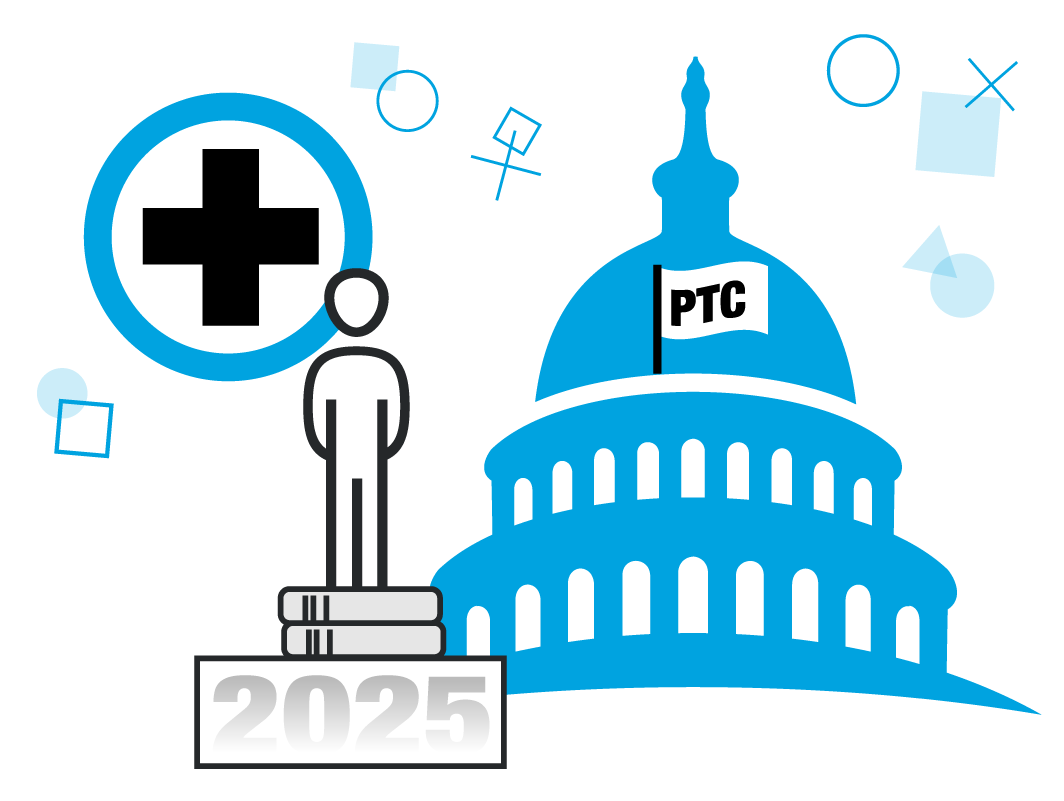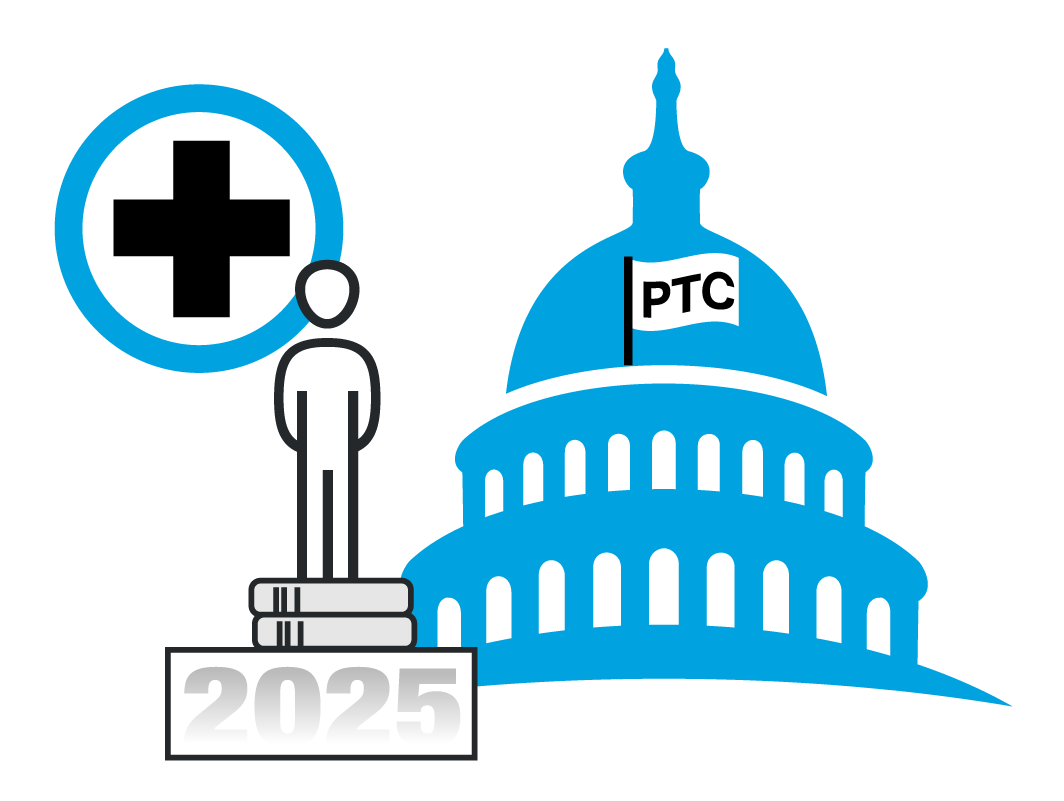As part of the Inflation Reduction Act, the Affordable Care Act’s Premium Tax Credits (PTC) were extended through 2025. However, there has been no movement to extend these ACA subsidies. Without them, healthcare costs will be inflated, which puts approximately 3.8 million people at risk of becoming uninsured.
President Joe Biden has called for making the expanded tax credit permanent to avoid driving up insurance premium costs. However, that could be undercut by a Republican-led government pushing for tax cuts.
As the growing national debt plays a larger role, some political observers note that PTC’s price tag could become an attractive target for Republicans eager to cut spending.
If this comes to fruition, what would the end to PTCs mean for employers?
Consequences for Employers
The prospect of PTCs going away after 2025 would increase healthcare costs but would remove a notable compliance hurdle for employers.
While expanded PTC eligibility benefits employees and their families, it also raises compliance risks for employers. PTCs serve as triggers for the IRS to identify potential ACA non-compliance.
When an employee receives a PTC from a state or federal health exchange, the IRS cross-references the request with the employer’s ACA filings to identify organizations that may not be compliant with the ACA’s Employer Mandate.
As ACA participation and PTC utilization increase, ACA compliance enforcement is likely to intensify for employers. The Inflation Reduction Act allocated additional funds for IRS tax enforcement, including the ACA, signaling a higher focus on enforcement. Employers must be proactive in addressing affordability issues for employees and their dependents to minimize the risk of receiving penalties via Letter 226J.
Background on Premium Tax Credits
If PTC enhancements expire, premium costs will increase beginning in the spring and summer of 2025, as insurers will begin making premium rates public. This will impact people as they shop for 2026 plans.
Premiums would rise the most in states with higher underlying marketplace premiums, such as West Virginia and Wyoming. It would also increase for older enrollees, and people with incomes above 400% of the poverty level would lose subsidies entirely.
With PTC eligibility made more widely accessible, ACA participation has increased, leading to higher enrollment in ACA marketplaces. A record 92% of marketplace enrollees qualified for PTCs in 2024. In fact, the most recent enrollment saw more than 21 million sign-ups through both state and federal marketplaces, a notable increase from the 16 million enrolled the previous year.
Ensuring Accurate Reporting and Compliance
It remains to be seen whether both sides of the aisle with come to a resolution that extends PTCs. In the interim, employers must still remain vigilant in their compliance efforts with ACA reporting. Employers should ensure that their recordkeeping is accurate and up-to-date, and that they meet the requirements set forth by the IRS in terms of affordability and minimum value of health insurance offerings.
It’s not hard to understand that employers are likely to have a lot of questions about these changes and the impact on their operations, their employees, and their compliance risks. As open enrollment season approaches, it’s important for employers to ensure they fully understand these implications.
To navigate the complexities of ACA reporting and compliance, employers can turn to Trusaic for assistance. Our full-service ACA Complete software solution provides everything employers need to become 100% ACA compliant.
From 1095-C form preparation to monthly tracking, safe harbor calculations, year-end ACA filings, and IRS audit defense, Trusaic has helped thousands of clients prevent over $1 billion in ACA penalties.
By proactively addressing affordability issues and leveraging compliance solutions like Trusaic’s ACA Complete, employers can navigate the reporting season successfully and ensure the well-being of their workforce while avoiding potential penalties.
As open enrollment begins, accurate ACA reporting and compliance remain paramount for employers to stay compliant and avoid enforcement actions. We can help.






